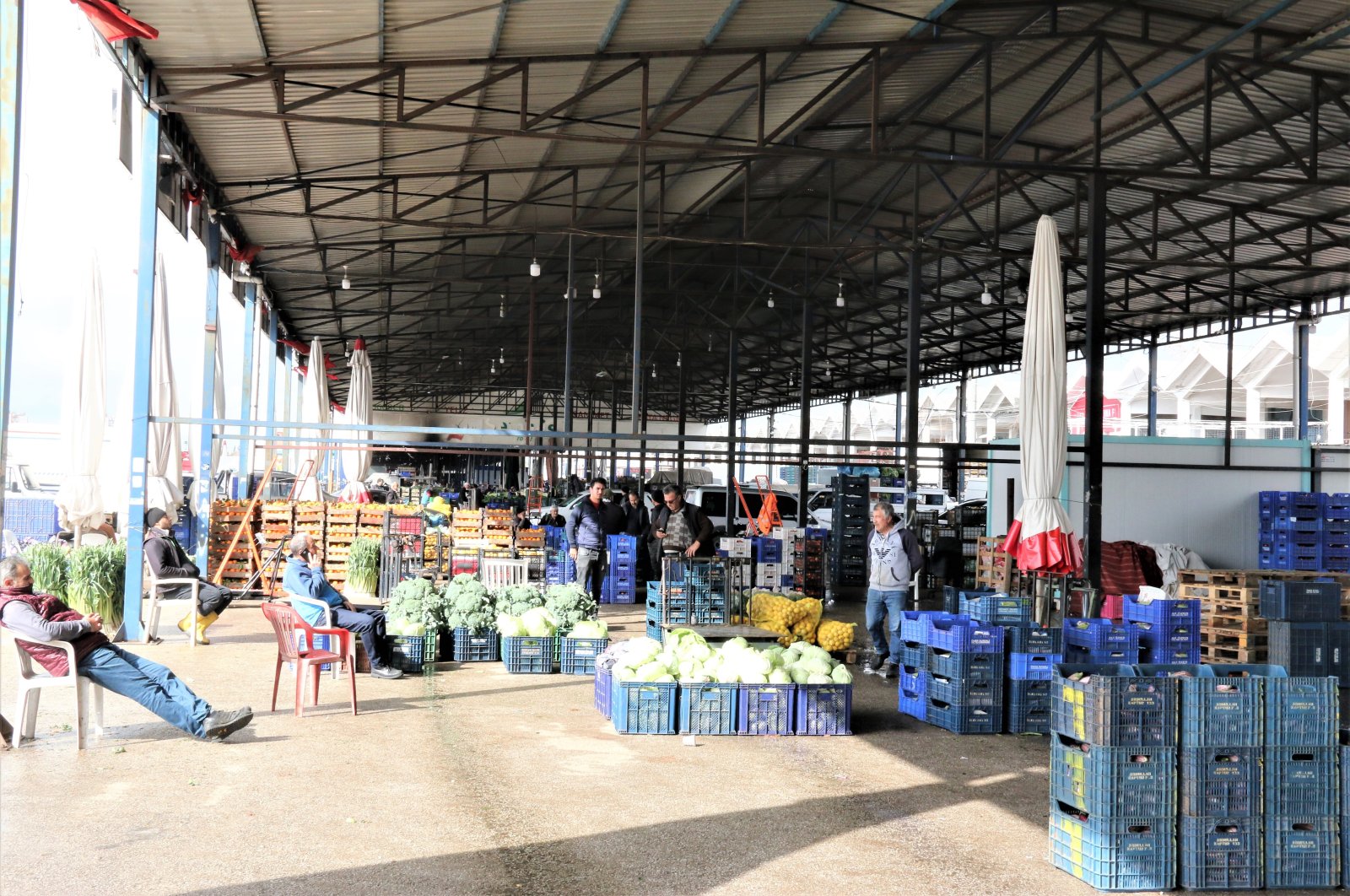
Businesses in southern Turkey’s touristic gem are under major pressure as woes grow over the fallout of Russia’s invasion of Ukraine.
Antalya is a favorite holiday spot for millions of Russians and Ukrainians each year and is known as one of the key exporters of fresh fruit and vegetables.
The conflict carries the potential to harm Turkey's economy, given its deep energy, defense and trade relations with the two countries, while both markets are crucial sources of tourism.
Bookings have stalled and sales and exports have slowed down, according to industry officials, with hundreds of lorries returning after going halfway or getting stuck at borders, clouding prospects for the coming months.
Exporters are said to have switched their products to the local market, in a move that is said to have led to lower prices at wholesale markets, a business daily reported Thursday.
Direct sales to Ukraine have been halted, with partial shipments being made over Belarus, while exports to Russia continue, West Mediterranean Exporters Association (BAIB) Chairperson Ümit Mirza Çavuşoğlu told Dünya daily.
"We are waiting for the war between the two countries to end and for peace to be achieved as soon as possible. We’re going to have a lot of trouble in the coming days,” Çavuşoğlu said.
"Manufacturers and exporters are in big trouble. Exports to Ukraine have stopped, while we are deeply in red when it comes to Russia.”
Ülkay Atmaca, head of the Professional Hotel Managers Association (POYD), stressed a significant fall in early bookings from Russia.
"We are closely following the negotiations between the two countries. Tourism loves peace ... These two countries are among our best tourism markets,” Atmaca told Dünya.
Some 4.7 million Russians and 2.1 million Ukrainians arrived in Turkey last year, according to the Culture and Tourism Ministry data.
They accounted for 27.34% of the total 24.7 million foreign tourists that arrived throughout the year. The share jumped from 24.55% in 2020 and 19% in 2019.
